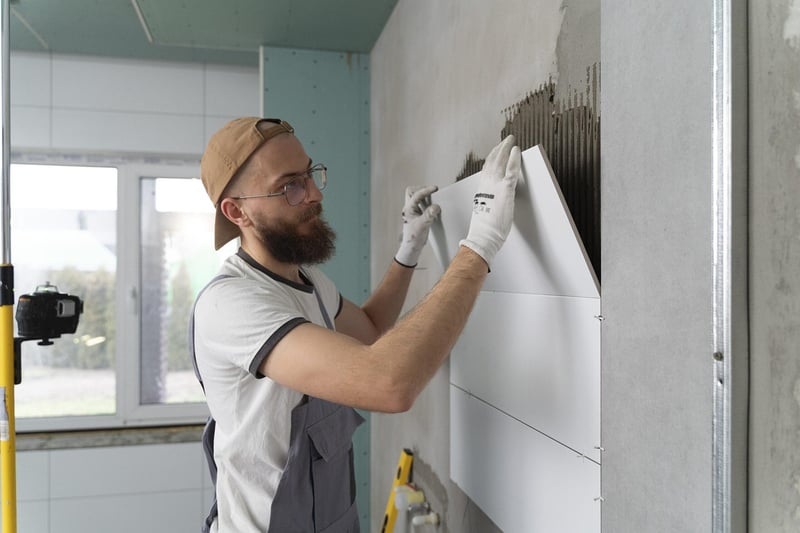Restorative
The Power of Movement for Physical and Mental Well-being
Exercise and movement play a crucial role in maintaining both physical and mental well-being. Not only does regular physical activity contribute to a healthy body, but it also has a significant impact on mental health, reducing stress and anxiety while improving mood and overall quality of life.
The Benefits of Exercise for Physical Health
Engaging in regular physical activity can help you maintain a healthy weight, improve cardiovascular health, strengthen muscles and bones, and boost your immune system. Whether it's through cardio exercises like running or cycling, strength training, or flexibility-focused activities like yoga, movement is essential for overall physical health.

The Impact of Movement on Mental Well-being
Exercise is not just beneficial for the body; it also has a profound impact on mental health. Physical activity releases endorphins, often referred to as "feel-good" hormones, which can help reduce feelings of stress, anxiety, and depression. Additionally, staying active can improve sleep quality, enhance cognitive function, and boost self-esteem.

Restorative Practices for Mind and Body
Incorporating restorative practices into your routine is equally important for overall well-being. Activities like meditation, deep breathing exercises, and gentle yoga can help calm the mind, reduce tension in the body, and promote relaxation. Taking the time to rest and rejuvenate is crucial for maintaining a healthy balance between activity and relaxation.

Remember, finding a balance between movement and rest is key to achieving optimal physical and mental health. By incorporating regular exercise and restorative practices into your lifestyle, you can enhance your overall well-being and enjoy a healthier, happier life.
Stay active, stay mindful, and prioritize your well-being!
